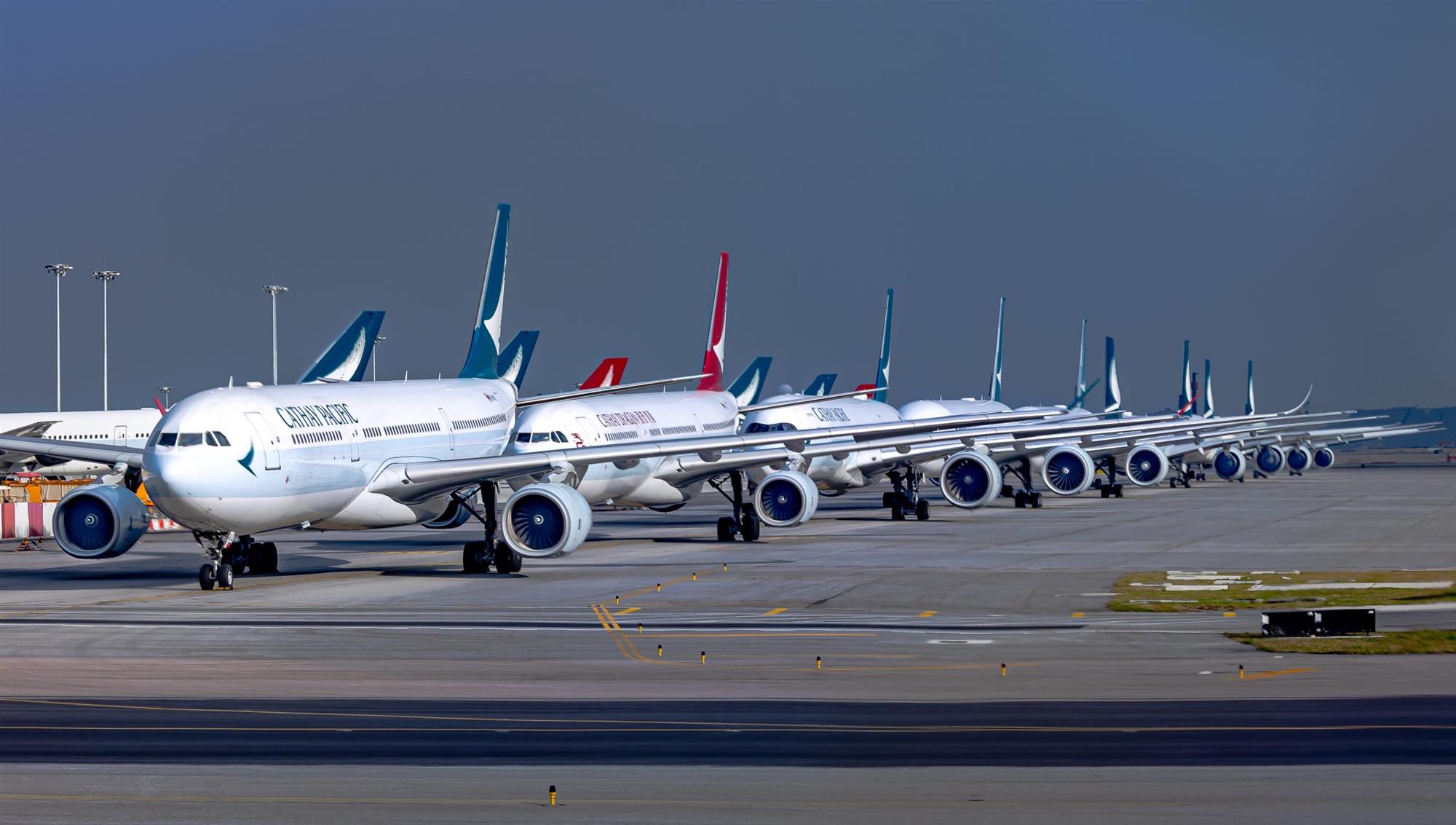The International Air Transport Association (IATA) said global air cargo volume dropped more than 6% year on year in November as capacity remained constrained due to the loss of available bellyhold space as passenger aircraft remain parked due to the lingering impact of the coronavirus crisis.
Despite this, IATA noted that volumes are on-track to return to the levels seen in 2019 by March or April.

In its latest air cargo report, IATA said global demand, measured in cargo tonne-kilometres (CwTKs), as 6.6% below previous-year levels in November (-7.7% for international operations) which it said was "on par" with the 6.2 % year-on-year drop in October.
The year-on-year decline, however, is skewed as November 2019 had a boost in demand from the waning US-China trade war, it added. Cargo volume actually increased by 1.6% in November when adjusted for seasonal variables such as holidays.
Constrained capacity; elevated yields
"While the pace of the recovery has weakened, current month-on-month gains point to [seasonally adjusted] CTKs returning to 2019 monthly levels around March or April 2021," IATA said, noting that rebounding global export orders, e-commerce growth and stronger year-on-year retail sales in the USA and China all boosted the gains.
Global capacity, measured in available cargo tonne-kilometres (ACTKs), shrank by 20% in November compared to the previous year, which IATA noted is "nearly three times larger than the contraction in demand."
IATA said the capacity crunch is caused by a 53% decrease in belly capacity. This has only been partially offset by a 20% increase in freighter capacity.
“Air cargo demand is still down 6.6% compared to the previous year, however, we are seeing continuing month-on-month improvements. Severe capacity constraints persist as large parts of the passenger fleet remain grounded. This will put pressure on the industry as it gears up to deliver vital COVID-19 vaccines,” said Alexandre de Juniac, IATA's director general and CEO.
IATA noted that the combination of pinched capacity and "resilient demand also means that air cargo revenues are currently exceptionally elevated, providing support to airlines at a time when passenger revenues have collapsed."
North America bucks drop in all regions
The IATA report said only North America saw cargo volume increase in November, rising 5% year on year.
"This stronger performance compared to the rest of the industry was driven by a less stringent capacity crunch compared to other regions, with international capacity only down 12.7% in November. Strong traffic on the Asia-North America routes also contributed to the performance, reflecting rising e-commerce demand for products manufactured in Asia," the industry group said.
In November, the decline in cargo volumes was led by Latin America which saw traffic sink by 19.2%, followed by Europe dropping 13.4%, Asia-Pacific declining by 10.6%, Africa by 2.6% and the Middle East by 2.3%.
"Latin American carriers reported a decline of 19.4% in international cargo volumes in November compared to the previous year. This was a drop from the 12.2% fall in October 2020. Air cargo in the region has been significantly affected by the resurgence of the COVID-19 virus and the impact of lockdowns on consumer demand and business activity," IATA said.
For Europe, IATA noted that air cargo has been significantly affected by the resurgence of the COVID-19 virus and the impact of lockdowns on consumer demand and business activity.



